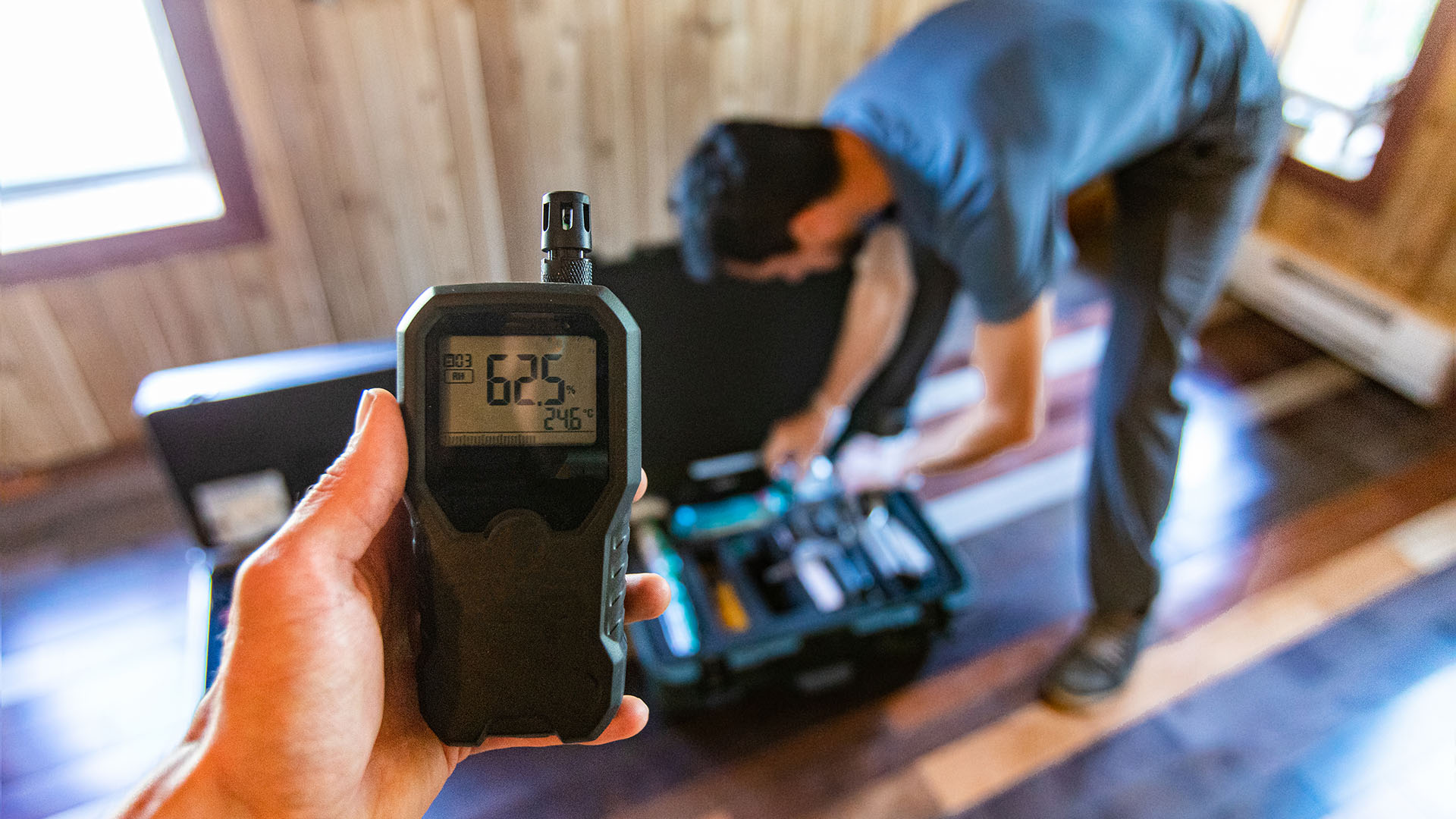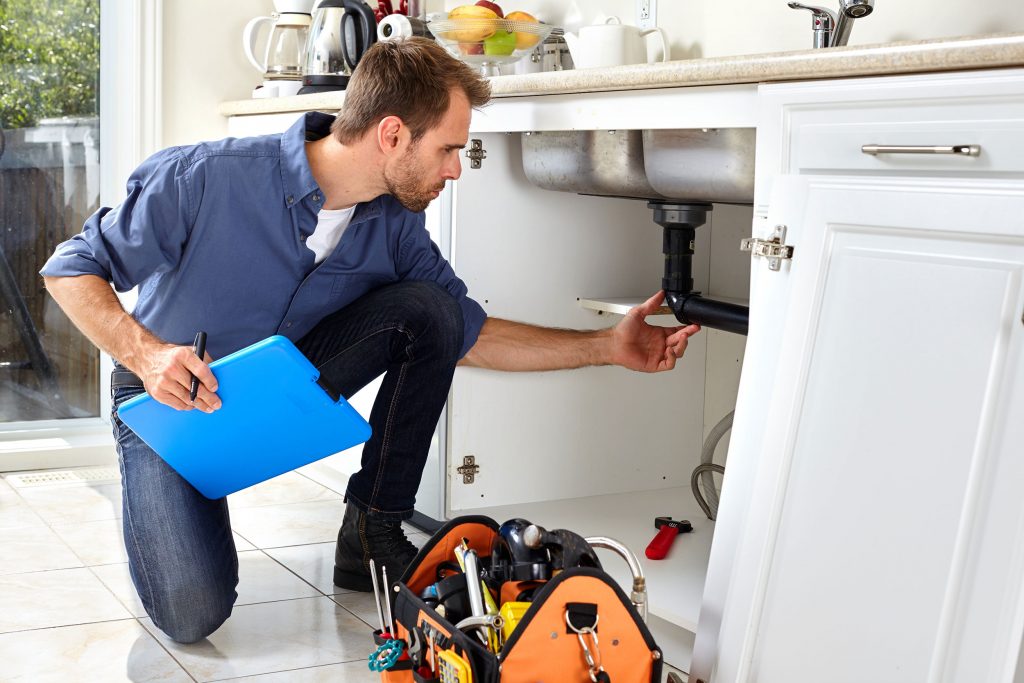
It’s standard due diligence for your buying client to hire an inspector for a property under contract. But how do you know when a specialist in a particular trade should be called in for a closer look? A home’s major systems involve big money, so protect your client by hiring a specialist when some aspect of the home warrants further attention.
The initial inspection
Even when a house is almost new, an inspector will find some deficiencies. Your buyer doesn’t need to pounce on nickel-and-dime stuff, especially simple wear and tear. Doing so will irritate the seller and unnecessarily delay the transaction. But if the inspector finds an issue with any of these major home components or systems, it’s advisable to have a contractor in that trade come in for a closer look.

The foundation
Simple settling is expected, but it’s time to have a foundation repair company do a detailed assessment if there are signs of real shifting. These include:
- Diagonal cracks on interior or exterior walls.
- Cracks that run through bricks, not just the mortar around them.
- Doors and windows that stick.
- Sloping floors.
The roof
Have a roofing specialist take a look if the inspector finds any of the following:
- Shingles that are missing, cracked or have lost most of their granular coating.
- Flashing that is missing or gapping.
- Evidence of leaks inside the attic and/or on ceilings just beneath the roof.
Electrical systems
As building codes have updated standards, electrical deficiencies have become fairly common in older homes. Homes built before 1980 may still have dangerous aluminum wiring that must be removed. A house should have breaker boxes, not fuses, and ground-fault circuit interrupter (GFCI) sockets in kitchens, baths and wherever water is used. All-electric sockets should have a left slit that is larger than the right. The home’s fire alert alarms should be hardwired into the electrical system and connected to one another in a circuit. If the general home inspection finds any of these components deficient, call in a professional electrician to estimate the cost of upgrading.
Heating and air-conditioning
If the heating and air-conditioning (HVAC) system is 20 or more years old, major repairs may be on the horizon. Bring in an HVAC specialist for a bid on upgrading the system if:
- A thermometer shows the vents are not adequately cooling or heating.
- The furnace has a rickety heat exchanger.
- The condenser fins are dented and dirty.
- The thermostat is an old analog model.
Plumbing
Like electrical, plumbing is a major residential system that can easily fail to meet newer code requirements. Have a plumbing professional inspect the system if it’s at least 20 years old and has never been upgraded. If the home was built in the 1960s or earlier, the main four-inch drain conduit between the house and the city sewer system should be inspected with a camera, since older pipes are made of galvanized metal that collapses and crumbles over time.
Most states require the seller to report past water damage on property condition reports. Where past leaks produced mold, have a mold remediation specialist inspect to see that it has been completely eradicated.

Wood-destroying insects
Most states also require the seller to disclose past damage by wood-destroying insects such as termites and carpenter ants. If the seller reports such damage, or if the inspector sees evidence of an active infestation, get a pest control professional to inspect. Obtain copies of past work orders and warranties.
Asbestos and lead
Between the 1930s and the 1970s, asbestos was used in insulation, flooring and some wall plasters. It was banned in 1978 after being linked to cancer. That same year, lead paint was also banned.
If a home was built before 1978, there may still be asbestos in its insulation, flooring or ceiling plaster. If you suspect the presence of either asbestos or lead paint, ask the county health department to inspect and issue a report. Then have the appropriate specialist give an estimate for remediation.





